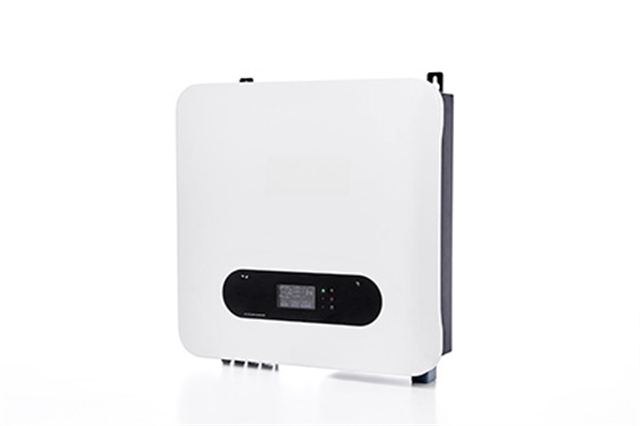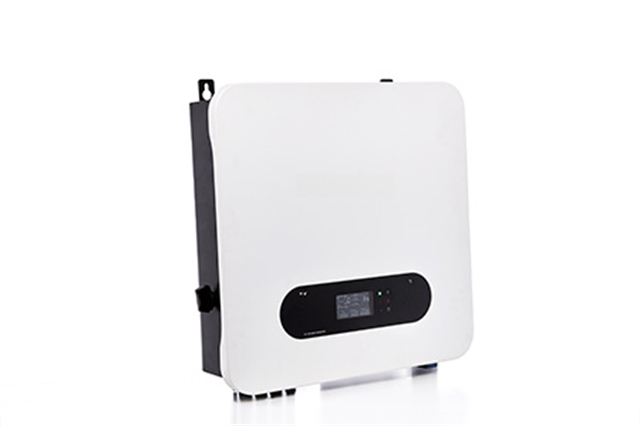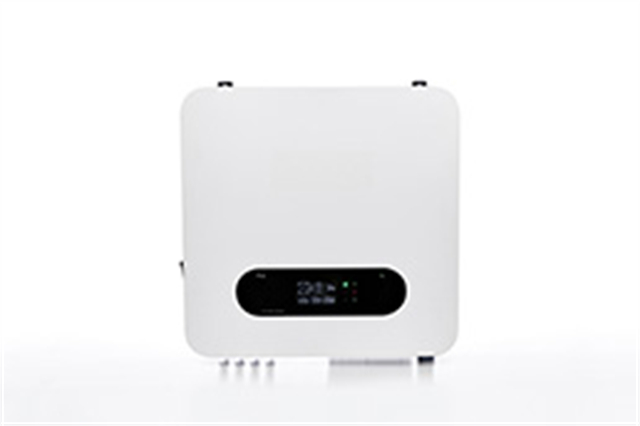Author:BLD Solar Energy SystemFROM:Solar System Converter Manufacturer TIME:2023-10-09
Introduction:
Choosing the right on-grid hybrid inverter is crucial for those looking to harness the benefits of renewable energy and reduce their reliance on the traditional power grid. With numerous options available in the market, selecting the most suitable inverter can be a daunting task. In this article, we will explore some key factors to consider when choosing an on-grid hybrid inverter.

The power output of the hybrid inverter is an essential factor to consider. It determines the maximum capacity of energy it can generate and supply to your home or business. Depending on your energy requirements, you should choose an inverter with an appropriate power rating. Assess your average daily energy consumption and select an inverter that can meet or exceed this demand.

If you plan to integrate energy storage into your system, it is crucial to ensure that the on-grid hybrid inverter is compatible with the batteries you intend to use. Different inverters have varying compatibility with different battery technologies, such as lithium-ion or lead-acid batteries. Verify that the inverter you choose can effectively manage the charging and discharging cycles of your preferred battery type.

Advanced monitoring and control features are becoming increasingly important for on-grid hybrid inverters. Look for inverters that offer comprehensive monitoring capabilities, such as real-time data display, energy production analysis, and remote access through mobile applications or web platforms. These features enable you to monitor and optimize your energy usage efficiently.
The efficiency of an on-grid hybrid inverter determines how effectively it can convert solar energy into usable electricity. Higher efficiency means less energy loss during the conversion process, resulting in more power available for your consumption. Look for inverters with high efficiency ratings to maximize your energy savings and reduce dependency on the grid.
Ensure that the hybrid inverter you choose has built-in protection and safety features to safeguard your system and appliances. Overvoltage protection, short-circuit protection, and anti-islanding mechanisms are essential in preventing damage to your devices and ensuring the safety of maintenance personnel during emergency situations or grid outages.
Consider the warranty and support provided by the inverter manufacturer. A reliable warranty ensures that you receive assistance in case of any malfunctions or defects. Additionally, check if the manufacturer offers reliable customer support and technical assistance to address any queries or concerns you may have during the installation or operation of the inverter.
Ensure that the hybrid inverter is compatible with the solar panels you plan to install. Check the specifications of both the inverter and the solar panels to confirm their compatibility in terms of voltage, current, and technology. Mismatched components may result in suboptimal energy production and potential damage to the inverter or panels.
Finally, consider the cost of the on-grid hybrid inverter and evaluate its return on investment. While it may be tempting to opt for a cheaper option, it is essential to strike a balance between affordability and quality. Consider the long-term savings achieved through reduced electricity bills and the potential for feed-in tariffs or net metering incentives to make an informed decision.
Choosing the right on-grid hybrid inverter requires careful consideration of various factors, including power output, battery compatibility, monitoring features, efficiency, protection mechanisms, warranty, panel compatibility, and cost. By evaluating these aspects and selecting a reliable and efficient inverter, you can optimize your solar energy consumption and reduce your reliance on the traditional power grid.
